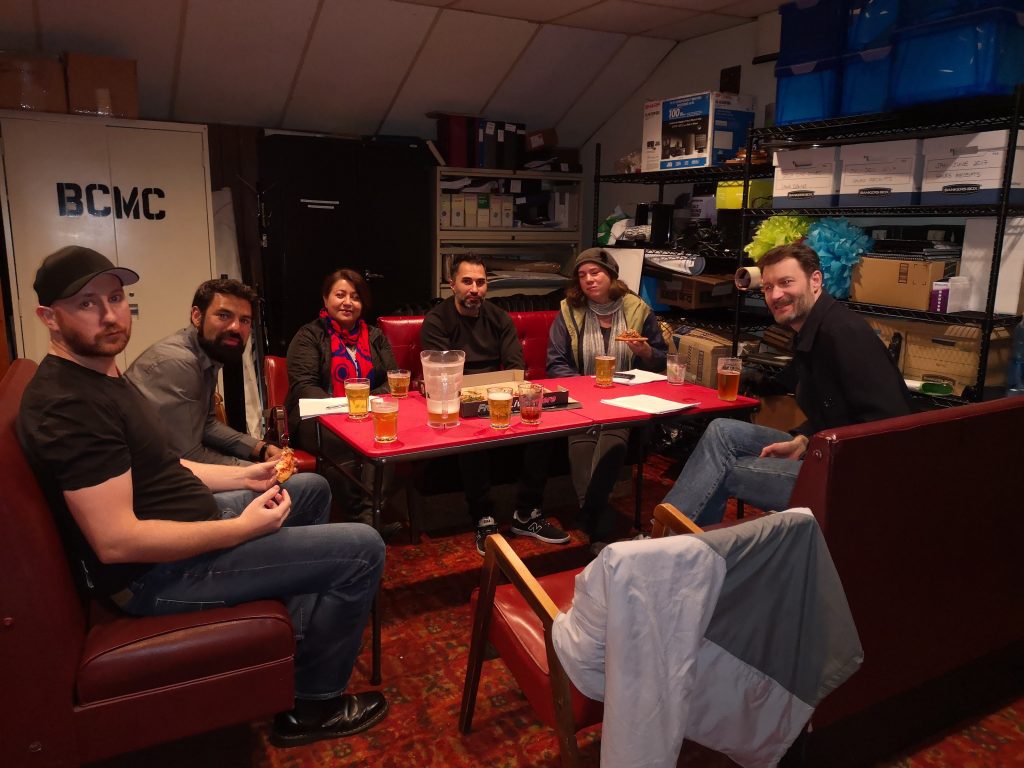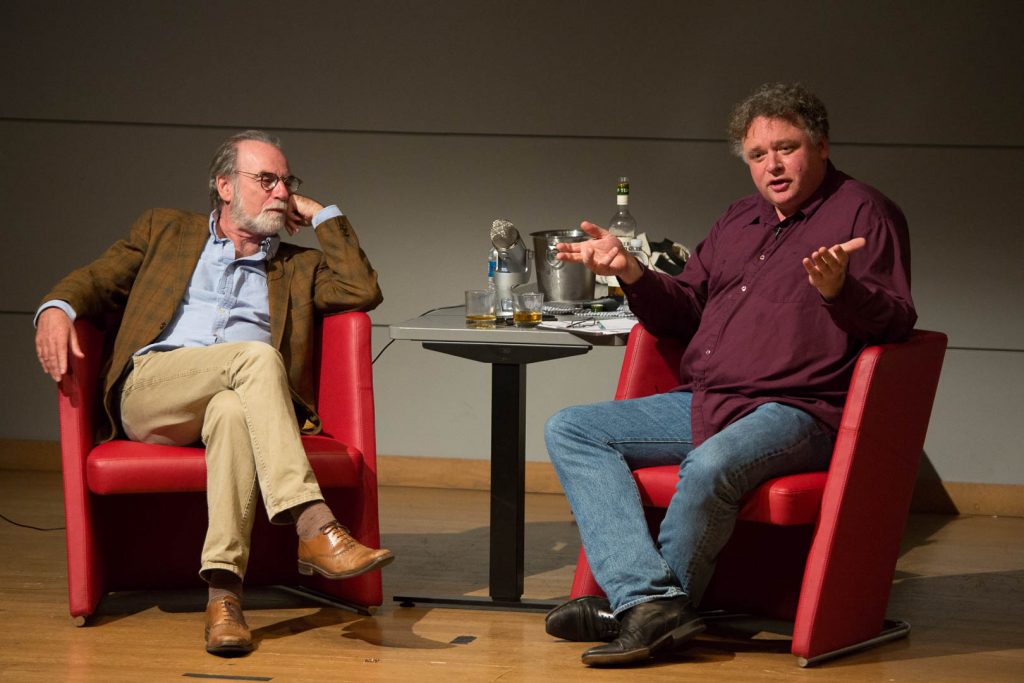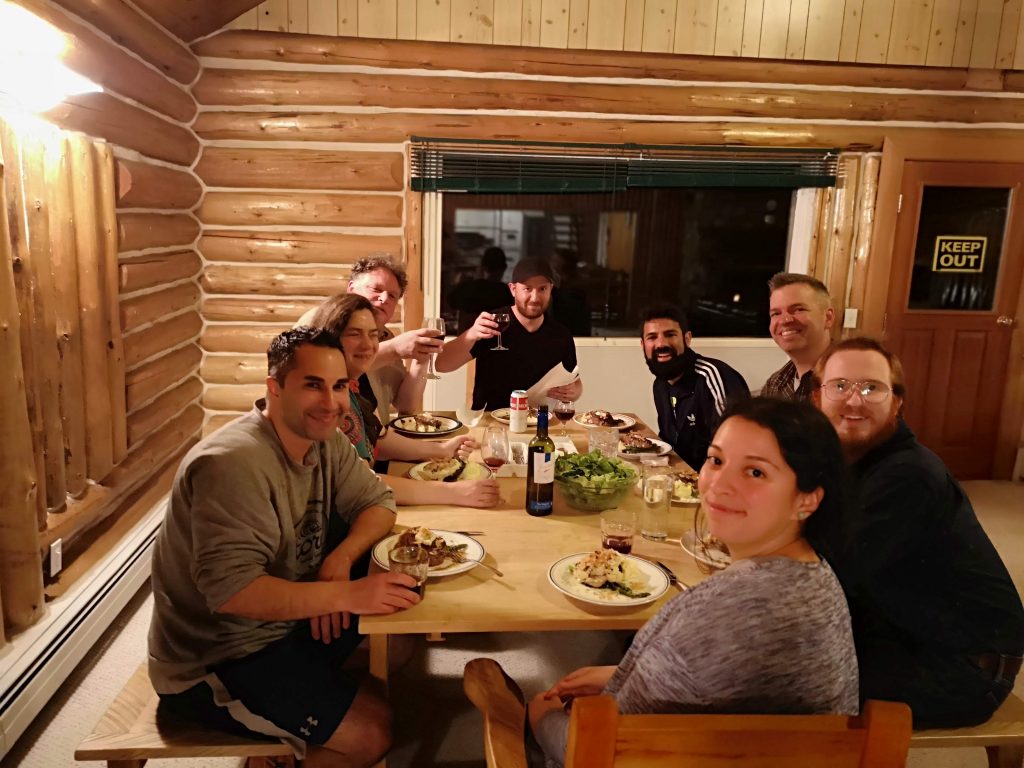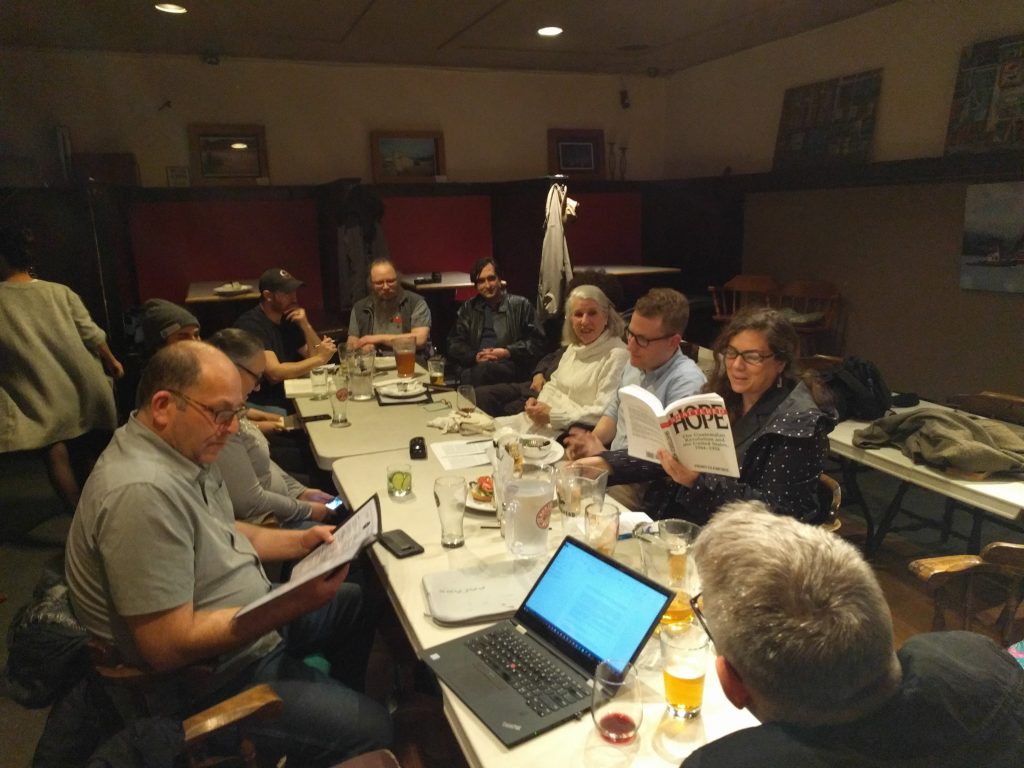Instructor: Stuart Parker, PhD (Religious Studies and History, University of Toronto)

Course Objectives
When a man suddenly announces to his friends and family that he is not merely a he/him anymore but also a they/them, a non-binary creature who transcends sex and gender, are we not sometimes tempted to ask how recently the person in question had their conversion experience? When we hear the “unceded territory of” followed by uncomprehended syllables, “Tsleiwatuth, Musqueam,” etc. near the end of a land acknowledgment ritual to start a meeting of your local school board, are we not tempted to ask when the opening liturgy will be over and we can move to the responsive reading? When we look furtively around, after masking-up on a busy city street, do we not hope that our community’s local scold is watching and can attest to our wearing our veil most piously in public, bringing only admiration and respect upon ourselves?
As Bruno Latour has argued, We Have Never Been Modern. And Wokeness is a social movement today that so eloquently illustrates this insight. It is, in fact, not unlike the Trump movement or #LandBack it seeks to construct a time machine to a location that likely does not exist in space-time, never mind being reachable from our location in it.
The very language of “Wokeness” is that of an America religious revitalization movement. It refers specifically to America’s long-anticipated Third Great Awakening. The First helped to touch off the American Revolution of the 1770s, the Second, two generations later, gave birth to the three great American autocthonous space religions, Seventh Day Adventism, Mormonism and the Jehovah Witness movement. Being “Woke” in American religiosity presumes that some momentous event is already upon us. For all its claims of secularity, Wokeness appropriates the black church’s language of conversion into its very name, referencing great abolitionist hymns like Amazing Grace.
Rather than simply saying “this is a religion” and leaving it there, as so many do, this course will engage in comparison and analysis. What religious movements from other times and places does Wokeness resemble? And how can this knowledge of similar practices and beliefs be put to use in challenging the excesses of Wokeness here?
Difficulty Level
This course’s lecture content requires no prior specialized knowledge and is based on general knowledge widely available to any high school graduate who keeps up with the news. We will not be using any academic articles for core course functions, although students may request texts on which articles are based that they can peruse in their own time.
Texts
This course will be light on texts but will consider some contemporary articles and podcasts if they make contributions to the study of Wokeness while the course is ongoing.
This course is made more enjoyable if you have listened to its predecessor or read some of Parker’s important written engagements with Wokeness.


Class Schedule
Classes will run on Mondays and Wednesdays at 11:30am Pacific Time, March 1st to April 12th, 2023.
- Philosophy, religion, the idea of conversion and the problem of the body: We look at the intellectual conditions that so often give rise to revitalization movements, of which Wokeness is just the latest.
- Orthodoxy, politics and hegemony: The creation of the Nicene Creed and the institutional capture of the Roman State help to explain why a similar process can take place in a radically different setting.
- Progressivism and the dialectics of fundamentalism: The binary way that Wokes think about time is a key factor in their highly distinctive epistemology and theology and culture of salvation.
- Controlling body hatred, self-harm and asceticism: From Anthony to Kateri Tekakwitha, revitalization movements must find a balance between demands for bodily purification and adoration.
- Orthodoxy, science and magic: The fall and rise of the supernatural since Aquinas and the new role of “abundance” theory and standpoint epistemology and the land acknowledgment as ritual act.
- Postmodernism, inclusionism, “logocentrism” and speaking in tongues: Religious revitalization and pushing the boundaries of lexical meaning in Wokeness; when is word salad just word salad?
- Class Performance, Grief and Emotionality: We will examine how class politics, especially that of the commissar class, both expands and constrains the horizons of emotional possibility.
- Academies, universities, social climbing and orthodoxy: From Theodosius to the present, we re-examine institutional capture from the perspective of personal religiosity rather than class tactics.
- Hermeticism, Cabalism and Catharism: It is often surprising to learn where Woke ideas of personal knowledge, the creation and destruction of objects and soul-body compatibility first arose.
- Ostracism, Penance and Forgiveness: Because sin and salvation in Wokeness so focused on retrojecting events in the present or future to the beginning of time, navigating Woke forgiveness is extra-tricky, with more indulgences.
- Is Wokeism an American Space Religion?
- The Social Gospel: Canada’s path to secularization, as theorized from Ramsay Cook to Nancy Christy should have made it extra-susceptible to Wokenesss. It is.
- The Eugenics Movement: From Francis Galton to Prescott Bush and Planned Parenthood, eugenics have often accompanied expressions of great protestant holiness.



